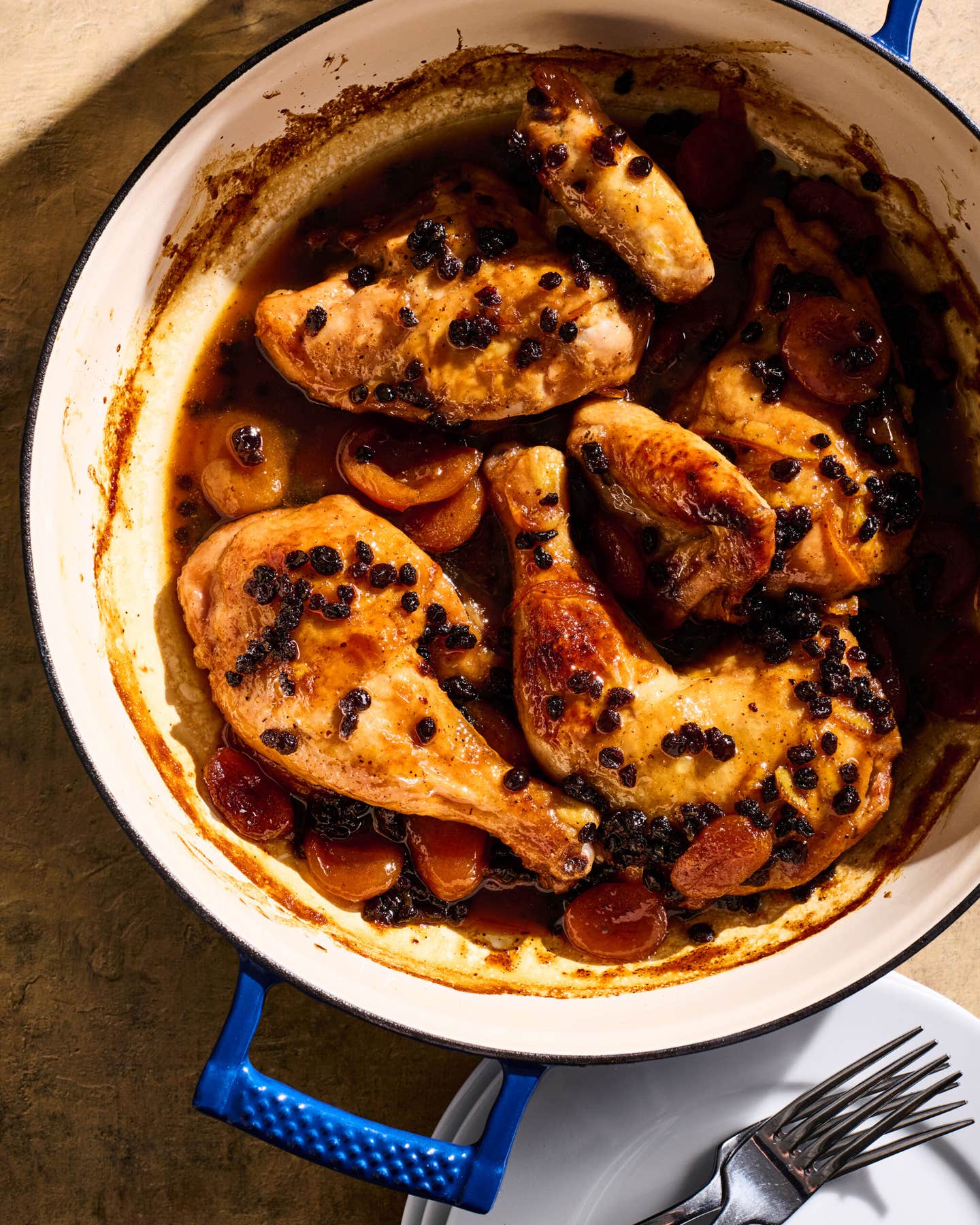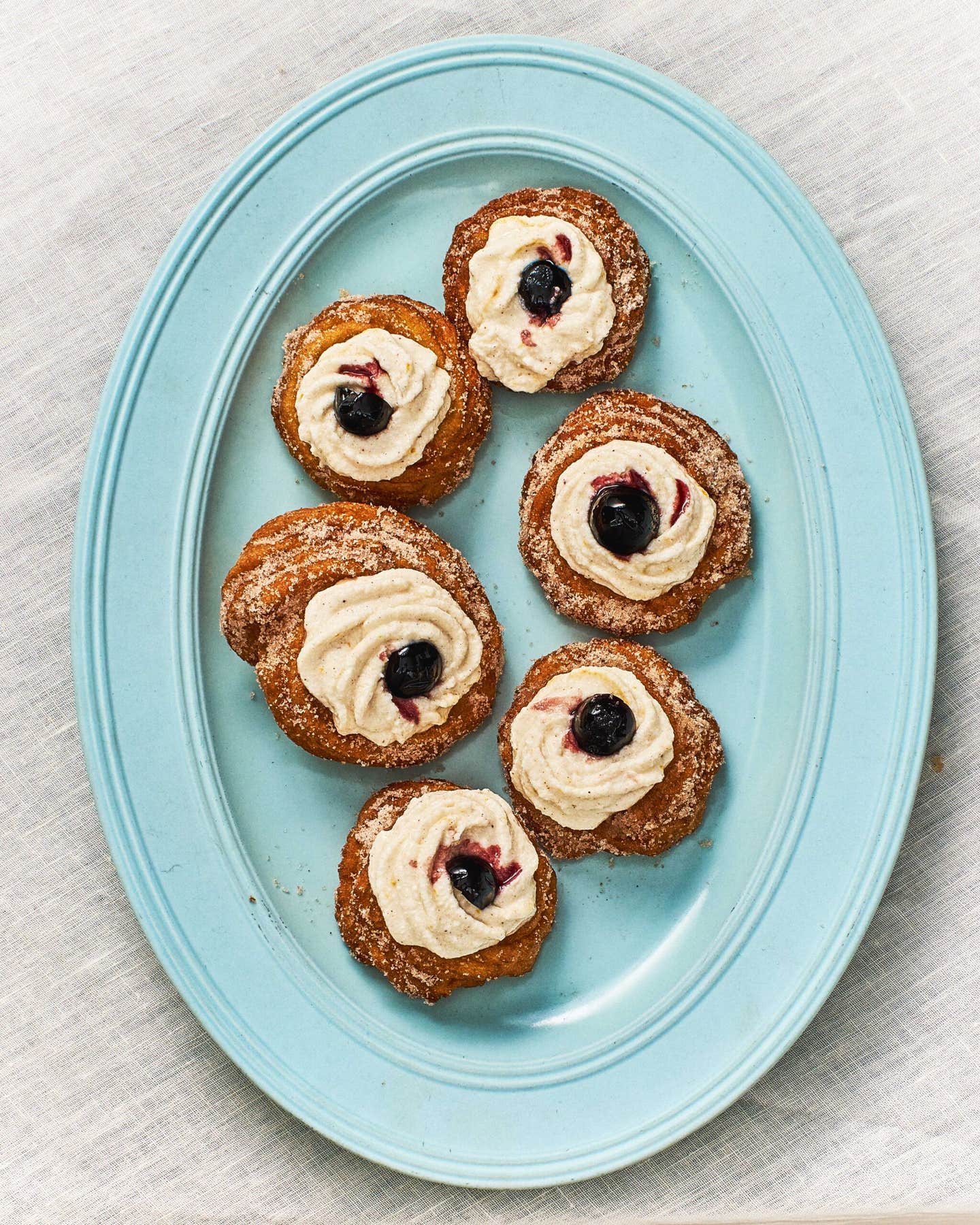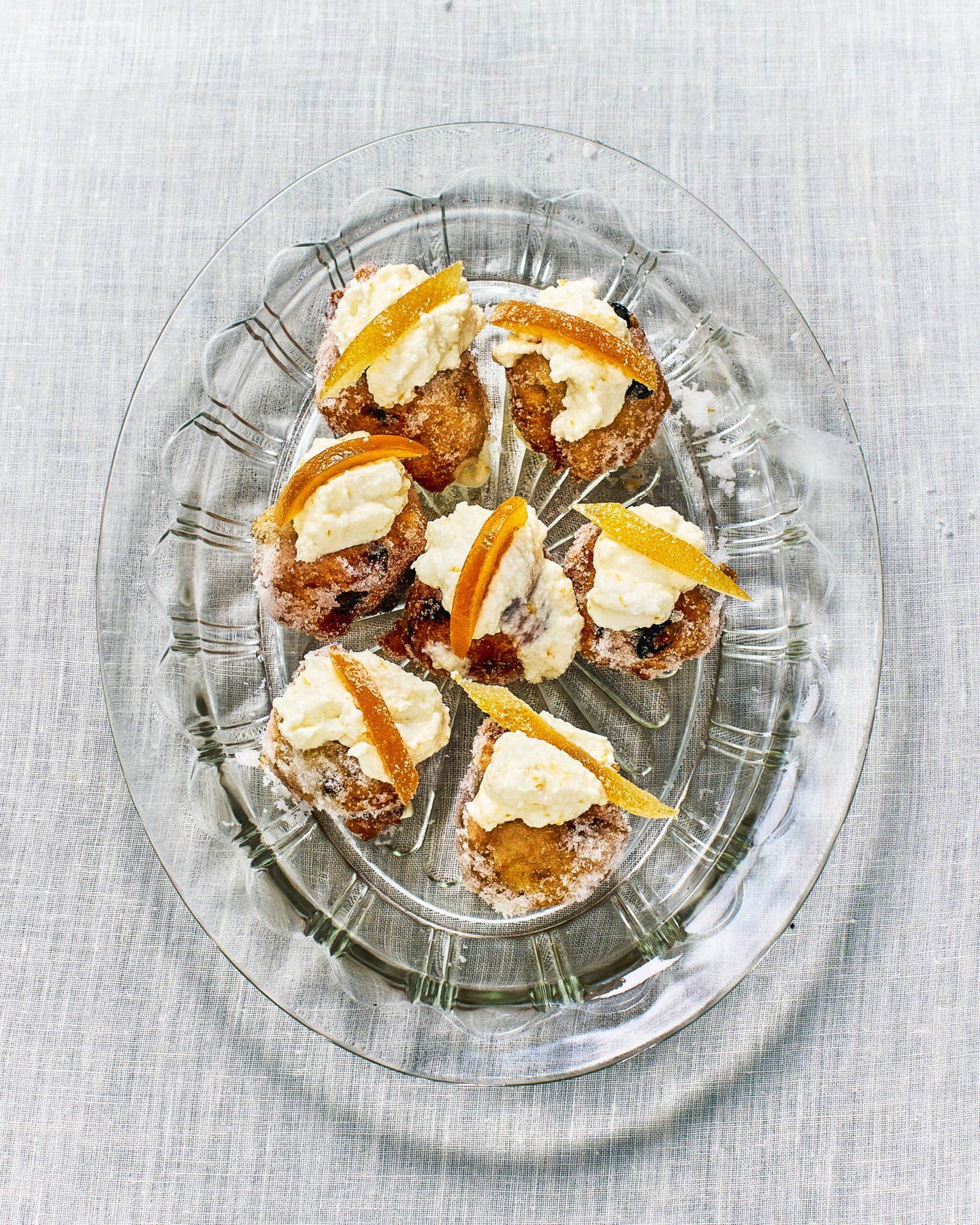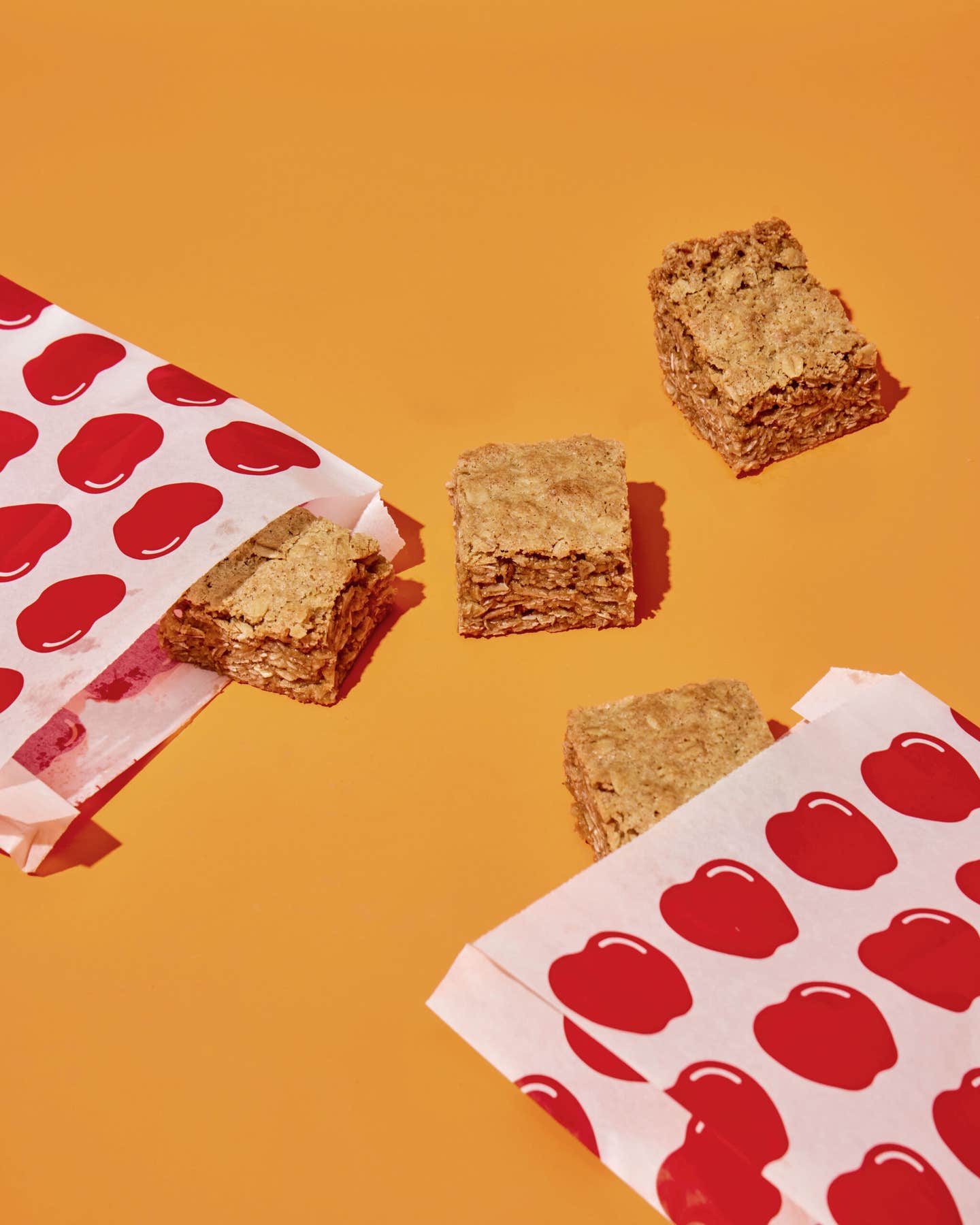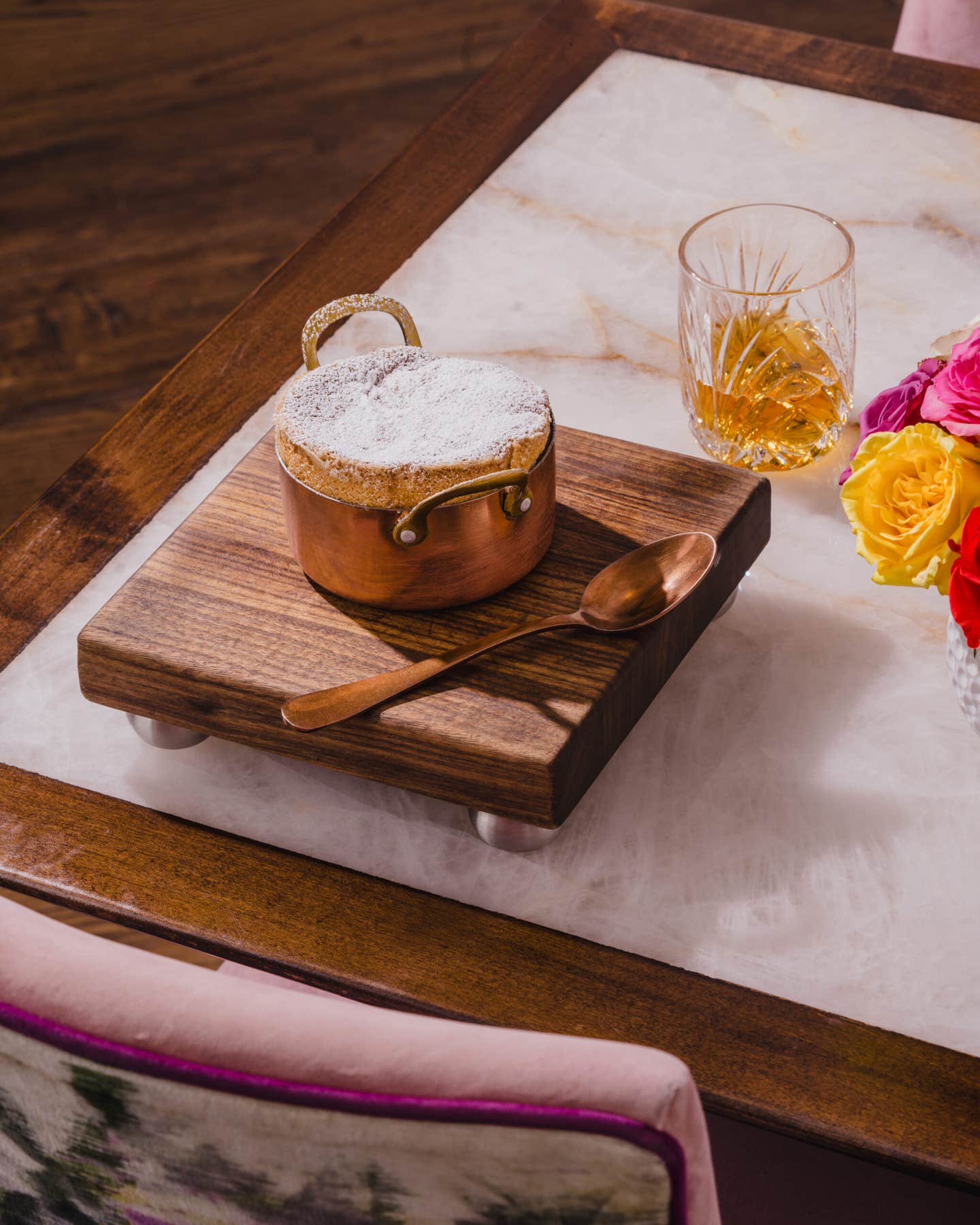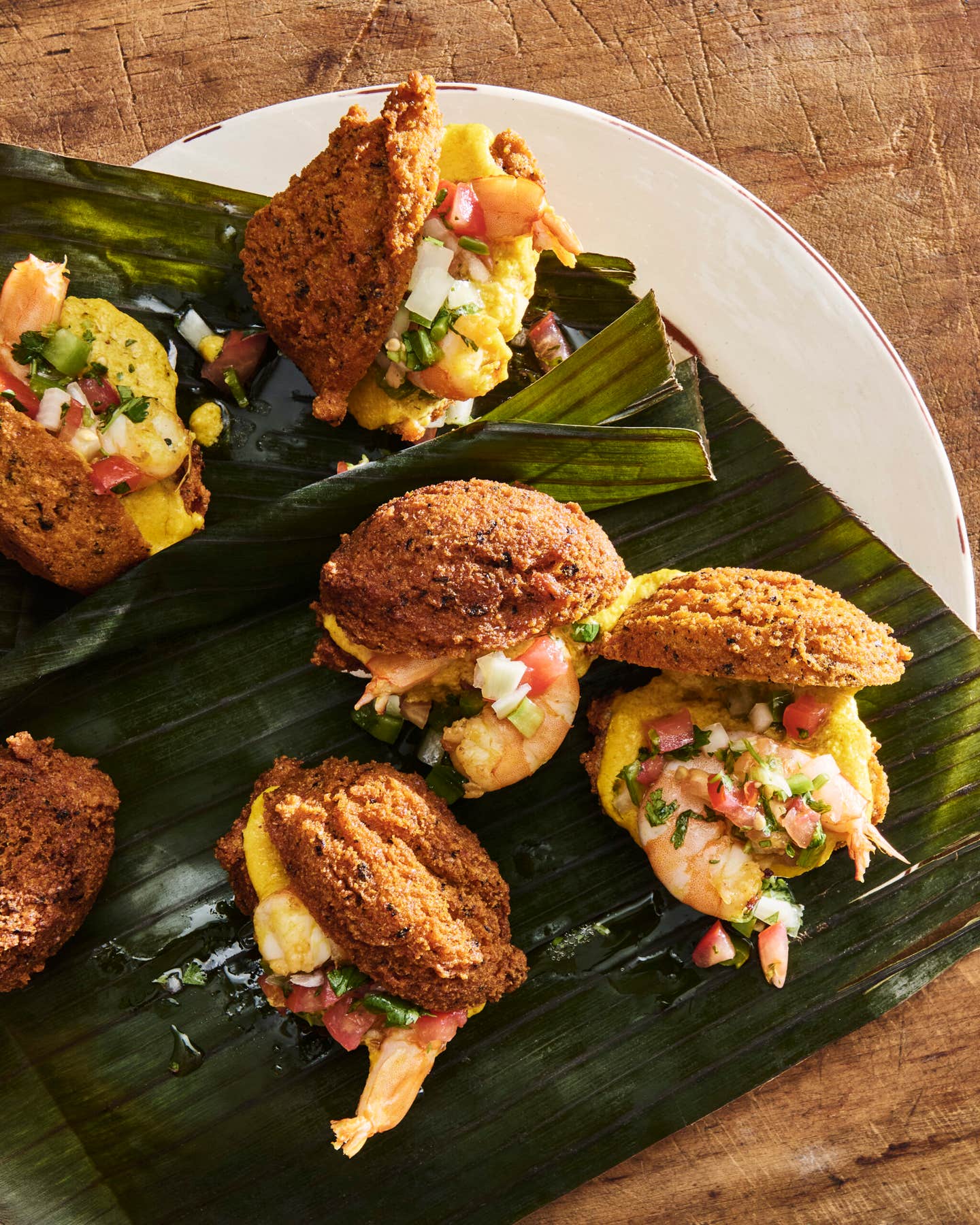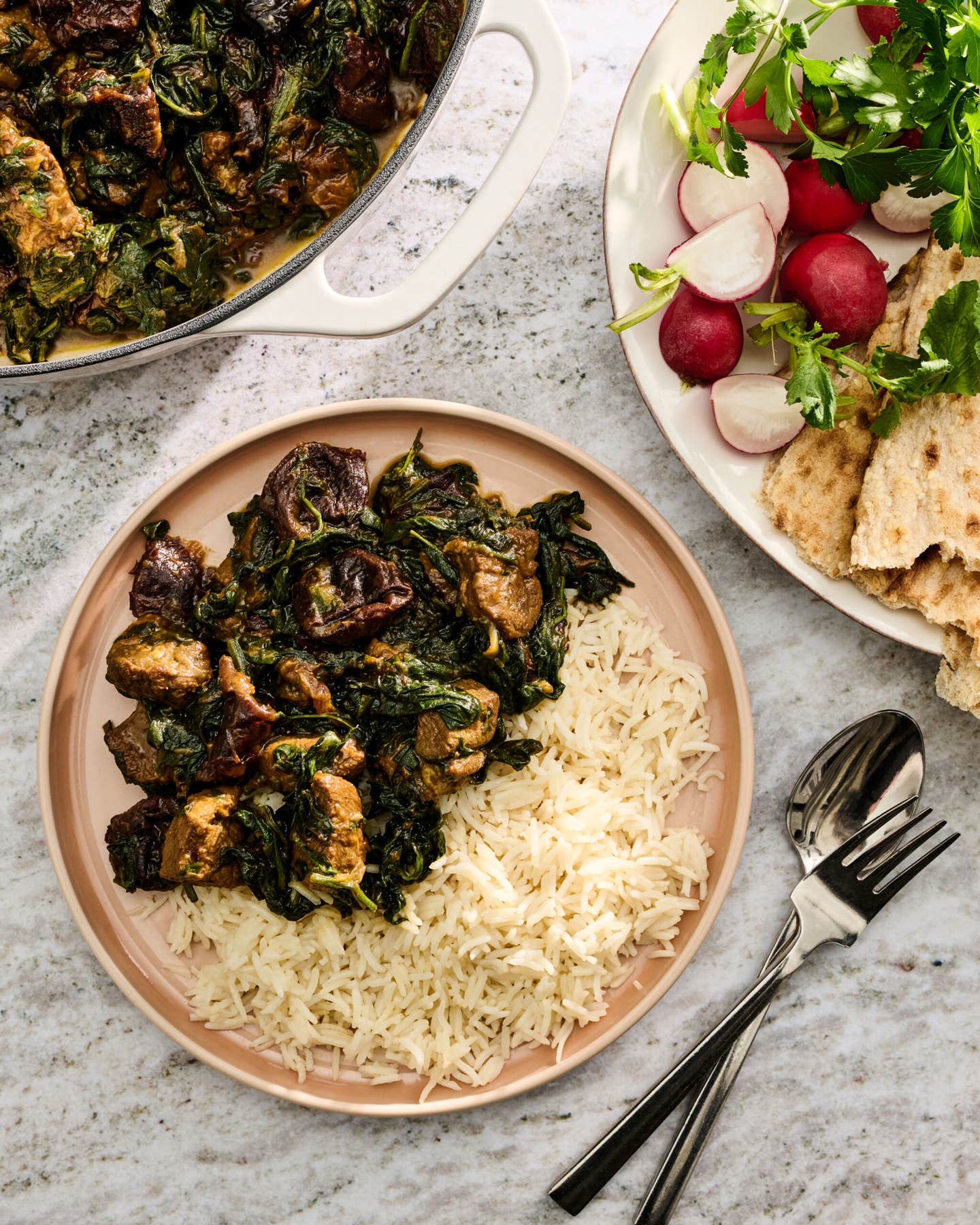
"Aw, now, you're as snug as a Lumper in a furrow," my Aunt Bella used to say when she tucked me into bed during my childhood holidays in Dublin.
I had no idea what she was talking about.
The Lumper, it turned out, was a potato—but not just any potato. It was notorious, associated more than any other with the Great Famine of the 19th century. While the name still strikes a doleful chord, it's as much a part of the Irish oeuvre as prayer, rain, and Guinness-fueled debate. And after a 170-year absence, it's been restored to commercial life thanks to a potato farmer named Michael McKillop.
The knobby Lumper, which first came to Ireland from England in the early 1800s, was an instant hit. That it kept badly and was once described as a "vile watery bulb" mattered little; it was prolific, grew easily in poor soil, and was well-suited for cattle fodder. But it proved too thin-skinned to resist Phytophthora infestans—potato blight—when it struck in 1845; starvation ensued when the Lumper crops failed.
Still, in the spring of 2007, when McKillop spotted a rare specimen of the variety at a potato breeders' fair, he decided to test the old Lumper out. A year later, one wee spud produced 28 fine-tasting potatoes with a waxy texture similar to a Yukon gold. He concluded the Lumper's bad press was the result of planting in barren soil: It simply needed good terroir to flourish.
McKillop worked with the Scottish Agricultural College to produce a reliable commercial potato. While it is not yet exported to the United States, if you're traveling to Dublin, you can sample Lumpers at Boxty House in the Temple Bar district. There, during the October harvest, chef Pádraic Óg Gallagher serves them boiled, baked, and pressed into the pancakes the restaurant's named for. "They're easy to grate, don't need peeling, and the skin adds lovely little flecks," he says.
Still, Gallagher cautions, it might take encouragement for the Irish to welcome the Lumper back. "The Famine is still a very emotional subject here," he told me. "I grew a few Lumpers once but lost them to frost. It brought a tear to my eye, but then I thought how lucky I was—at least I had something else to eat."
Keep Reading
Continue to Next Story
